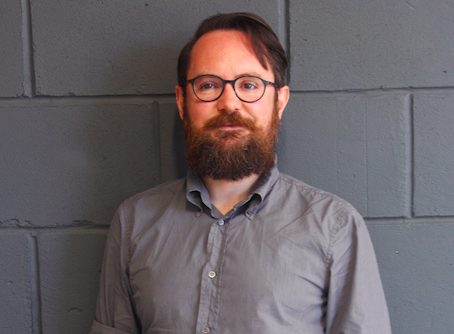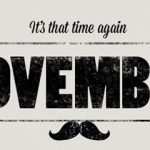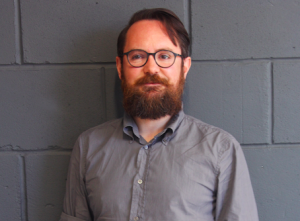Launching a business is bloody hard work. We know, we’ve done it. Thankfully, there’s a lot of advice, start-up tips and support out there, but nothing beats sitting down and chatting with someone who’s been through it all. So as a start-up (with some history) we’ve focused our insights recently around what we think is important and opened the lid on some of our process. Area’s covered include branding, campaigns and agency briefing as so often these are where start-ups are loosing out, wasting valuable time and energy and not getting the expected outcome. Each area is covered in more detail on the individual posts in our blog but we’ve summarised all the key points below. So grab a cuppa, sit back and enjoy.
Don’t under estimate the power of a well thought out brand!
In amongst all the excitement of starting a business, when you’ve got your idea and can’t wait to share it, taking a step back and thinking about the brand itself and rationalising it is a sensible and often overlooked essential.
Here’s a quick and easy list of start=up tips for branding, we advise all start-ups to do sooner rather than later. For more detail, have a read of our article on start-up branding.
• What is the Vision? – Your aspirations for the brand
• What is the Mission? – What is the company’s purpose?
• What are your brand values and core principles?
• Do your research – Quantitative, qualitative, competitors, business name and digital assets availability
• What’s your Unique Selling Proposition? What makes your brand special?
• Who is your customer? How is your audience segmented? How does your messaging needs to flex to resonate with your segments?
• What’s your Elevator Pitch? You’ve got 2 minutes to explain your brand’s visions, mission and USPs to a complete stranger – GO!
• Pillars of reason – Create arguments to back up your claims.
• Tone of voice and content – How are you going to express your brand?
• Visual identity – Logo, fonts, colours, layouts, templates etc. Do these represent your brand values? Will your audience identify with them?
• Customer journey – Understand it in GREAT detail. Does it work for your audience? Is the user experience consistent with your brand profile?
• Test your messaging and everything else. A lot.
Start-up tips for campaigns.
Once you’ve nailed down your brand and you’re confident you have a very clear set of guidelines for your ongoing communications you’re in a good place to get cracking as you’ve got your litmus test for what comes next.
We follow a process to create integrated campaigns, you should too. Here’s ours in detail.
Research.
Often overlooked, but oh so vital. We’d advise using a mixture of qualitative and quantitative research and be sure to scrutinise all available relevant data sources. This means customer data, website usage (via Google analytics or similar), social tools and any other data sources you think might be relevant. Uncovering the not so obvious insight might give you the competitive edge.
A word of warning here, the best creative taps into an emotional or behavioural insight, sometimes data doesn’t always tell you this. It’s important to keep an open mind with research and try and get to the bottom of what is happening in the context of your project.
Persona development.
Create a detailed picture of who your target customers are going to be. Why? It allows you to refine who you are talking to, getting to the heart of their needs, passions and goals.
Warning, don’t take “need” too literally, people have more than just functional needs. Think about emotions, the best marketing always taps into them. Don’t believe us, think about why people will still buy the iPhone 7, even though they are perfectly happy with their iPhone 6.
Campaign/editorial planning (The strategy).
How is your campaign or content going to play out, where and when?
Rigorously sense check against the objectives. It’s important to always ask why you are doing something.
Note. I read it in a blog is not a good why!
Measurement.
You’ll be surprised at how many companies, agencies and even seasoned marketers forget this bit. Once you know what you are doing, start to think about how you will measure individual elements and assigning KPI’s. These should always ladder up to your overall goals, after all how do you know somethings worked if you can’t measure it.
Creative.
Don’t sacrifice creativity. Even if you think that it’s unnecessary for your marketing channels, all that means is that you’re not using your channels optimally. Give us a call, we can help you. We go through a briefing process where our planners run a workshop with our creative, editorial and technical staff. Ideas are often the intersection of these three disciplines. The creatives’ job is to tap into the insights and communicate in a novel, engaging way that works to make the activity successful. Good creative is always the result of good planning.
Production.
Art production, copy, editorial, development. Basically getting on with bringing your campaign to life. Have defined elements that you can quickly prototype and test, whether it’s content or a technical element. Try to gauge reaction from live users. Try testing out something through a blog post or a piece of functionality. Don’t just throw stuff out and see what sticks.
Activation.
You’ve got your assets, you’ve got our plan, now you want to get it out there. Time for a bit of media. Well for us activation is still about test, learn refine. We’re a full service digital agency so we get our hands dirty with the activation, it gives us the benefit of real feedback on performance, which we’d otherwise have to get from the media agency or client. This allows us to tweek and refine the work, luckily something that digital is great for as it’s a bit trickier with offline elements. With this in mind we favour digital first before committing to a print run, TV ad or some other major cost.
Measurement. (it’s here twice as it’s important!)
Once it’s out there we regularly report on all aspects, our planners then have the opportunity to scrutinise real interactions to feedback into the ongoing work and make it better.
What we’ve outlined above is probably going to be stretch for a start-up who isn’t highly
experienced, so we’ve pulled out some specific start-up tips mindful of your time and budgets that you should definitely consider.
Essential start-up tips
• Do some research, you’ll find insights once you get beneath the surface. Speak to your users, get feedback, ask questions. Don’t be afraid of negative answers, you probably learn more from them.
• Set clear goals for your activity. Start at the top and work down, e.g if it’s more sales, you should be able to relate KPI’s in your activity back up to this.
• Set specific KPI’s for individual elements, make sure they are relevant to your goals and make sure you can measure everything you need to.
• Prototype your campaign ideas alongside your content. Test the themes out, dothey resonate with your audience?
• Start small, to ensure you use budgets for paid amplification wisely.
• Use campaigns to fuel big jumps in your incremental audience growth.
• Record your social interaction and user stories, these are great fuel for your campaigns helping to grow and shape your narrative.
• Don’t beat yourself up if it seems daunting, start small with a few priority channels, likely social and content based as they don’t carry large media budget requirements.
Start-up tips for getting the best out of an agency; better briefing
As a start-up, you may decide that working with an agency is the right route for you. Which can be a great thing, they should bring experience, expertise, advice and the right results. But often the relationship can leave either one or both parties feeling a little deflated. And often this means that expectations weren’t managed, communication wasn’t ideal and direction was lacking. This is where a good, solid, well thought out brief can help hugely.
We’ve seen a variety of brands, new and old, struggle with the brief, either through lack of experience, overthinking or simply being time poor.
• Our first piece of advice would be to speak to the agency. Any good agency worth their salt recognises the importance of a good brief and should be able to offer advice and a framework to work within. We would rather invest a little time getting to a good brief because we know that we’ll end up with more successful work and a happy client. Rather than simply accepting a bad brief and the obvious outcome.
• Failing that, think about a problem that needs solving. You may not be able to add all the pieces to the puzzle, but again a good agency should be able to ask questions of your brief and fill in the missing bits.
• Keep it simple. It’s an age old adage in the industry that a good brief should fit onto one piece of paper. 20 pages will invariably lead to misunderstanding as different people read the brief and focus on different elements.
• Don’t make the brief too restrictive. You may think that making the brief hyper-focused will stop the agency from going in the wrong direction but this is a false economy. Creative agencies need room to be creative.
• Don’t try to answer the problem in your brief. This totally sidesteps the value-add offered by a creative agency and probably means you’ll end up paying a lot more for something you could have otherwise completed elsewhere for less money.
• Collaborate with your agency. If you’ve got a tight budget, be transparent from the start. When budgets are tightly guarded and expectations aren’t aligned, it creates mistrust in the relationship from the start. When both the client and the agency understand the situation, expectations are managed and the two parties can grow and develop together.
So, if you are near the start of your business’s journey, hopefully you’ve found these useful? We know it’s a lot to take in, but we really believe that by heeding this advice at the beginning, you will reap the benefits further down the line.
So good luck, and let us know how you get on. We love hearing people’s start up stories, sharing start-up tips and the agony and excitement. We’ll be here to celebrate with a glass of fizz or commiserate with a warm cuppa and a choccie biscuit.
Contact us if you think you need a full service digital agency, we’d love to help.







